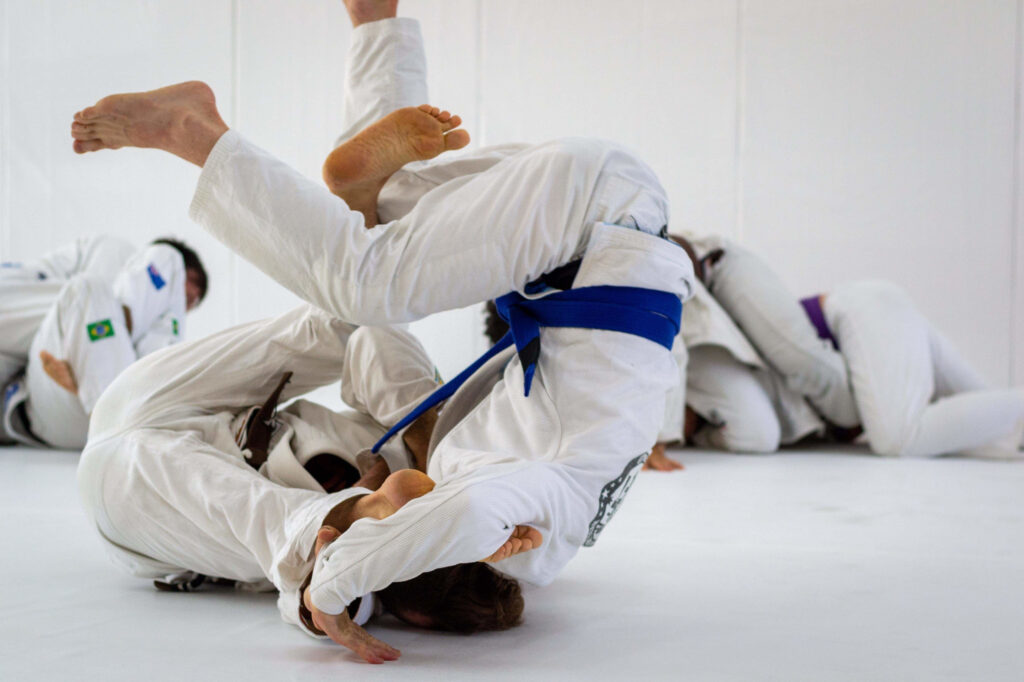Recovery isn’t a one-step process. It’s basically everything you do when you’re not training. Do it right, and your time at Odyssey Jiu Jitsu Academy will become worth so much more. Here are 9 simple ways you can optimise your post training recovery.
